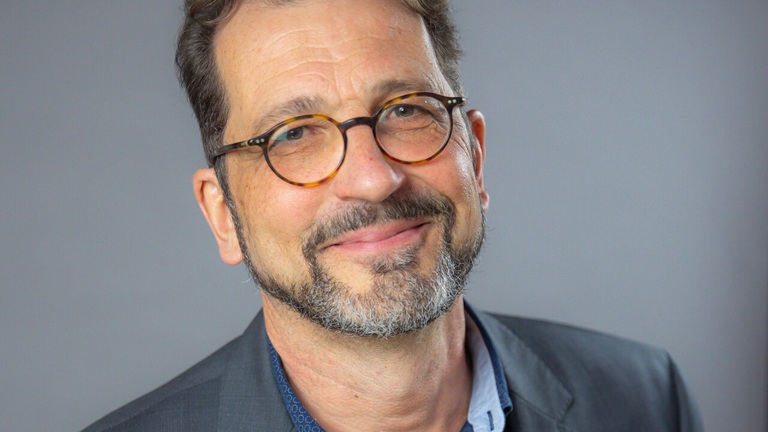

How did your holding company acquire the Blue Danube Robotics assets?
Reiner Meyer-Rössl : Our Quantum Holding acquired EEP Robotics, an established systems integrator with nearly 30 years of international market experience, in 2022. EEP has already worked closely with Blue Danube Robotics, and we have integrated their technology with our customers. Therefore, the acquisition was a very obvious choice for me.
When did you first hear about Blue Danube's financial difficulties?
Meyer-Rössl : We were working together on a project for a major automobile manufacturer, and shortly before the project started, I received news of the company's financial difficulties—shortly afterward, insolvency followed. When the former management team's attempt to find a new investor failed, we acquired the entire insolvency assets through Quantum Holding: machinery, technology park, IT systems, and all AIRSKIN patents.
We have made a clear separation.
How does the new structure differ from the previous setup?
Meyer-Rössl : We have made a clear separation. The new "AIRSKIN GmbH" focuses exclusively on the development, production, and distribution of AIRSKIN products. All system integrator business of Blue Danube Robotics has been transferred to EEP Robotics. This focus is crucial: We now operate with approximately a third of the original workforce and are committed to a leaner, economically sustainable business model. Since the beginning of July, I have also taken over the operational management of the new AIRSKIN GmbH.
How do you assess the market potential for AIRSKIN technology?
Meyer-Rössl: The potential is enormous. This Austrian invention offers decisive advantages over conventional collaborative robots: While standard cobots often only register touches with a delay via joint sensors, AIRSKIN reacts immediately, dampens occurring forces, and thus makes touches less harmful. This enables improved workflows and closer human-machine collaboration. With AIRSKIN, industrial robots can move larger loads and have a longer service life than typical cobots. New applications in the automotive industry, the food sector, and logistics are becoming possible where manual intervention is required. The feedback at the recent Automatica trade fair in Munich was extremely positive – many customers welcome our focus on technology rather than on the systems integrator business.
Pushing for expansion and business model optimization at the same time was too much for the company.
And yet, it went bankrupt. In your opinion, what were the main reasons for Blue Danube Robotics' insolvency?
Meyer-Rössl: The sudden exit of the main investor, AVV, was definitely the main reason – the financing was terminated without warning. That puts even the best team in trouble. Perhaps the company was too dependent on a single investor. Strategically, the decision to operate as a systems integrator in parallel made sense for its market positioning. But simultaneously pushing for expansion and business model optimization overwhelmed the company and led to unsustainable business practices.
What do you want to do differently?
Meyer-Rössl : We're focusing on leaner structures, a clear focus, and economic stability. I'm convinced we'll be back in the black in one to one and a half years. We've had to raise our prices because of this, but that's the only way we can operate profitably.
The company will remain in Vienna for the next few years – that’s for sure.
Will production remain in Vienna?
Meyer-Rössl: The facility will remain in Vienna for the next few years – that's for sure. In the medium term, parts of production could be relocated to foreign markets if economically viable – for example, to the US market or larger volumes in China. However, development will remain in Vienna in the long term, as will the production of safety-relevant electronic components, which must remain under our direct control.
With AIRSKIN and EEP, your holding company now owns two domestic automation companies. How do you assess the location in light of the current economic situation?
Meyer-Rössl: Forecasts are difficult, but I am optimistic about the European and Austrian economic recovery. Demand for innovative automation solutions remains high. Crises often lead to market shakeouts, but the good ones survive. With our many years of experience—EEP Robotics has been on the market for almost 30 years—and the truly unique selling point of AIRSKIN, I see good chances of successfully overcoming the current recession.